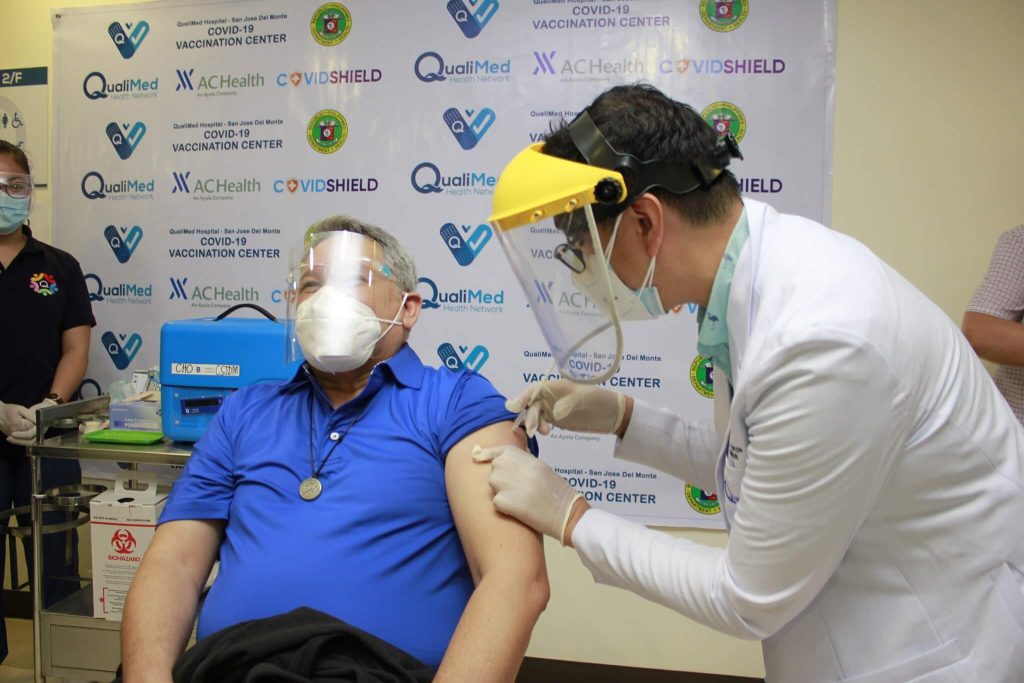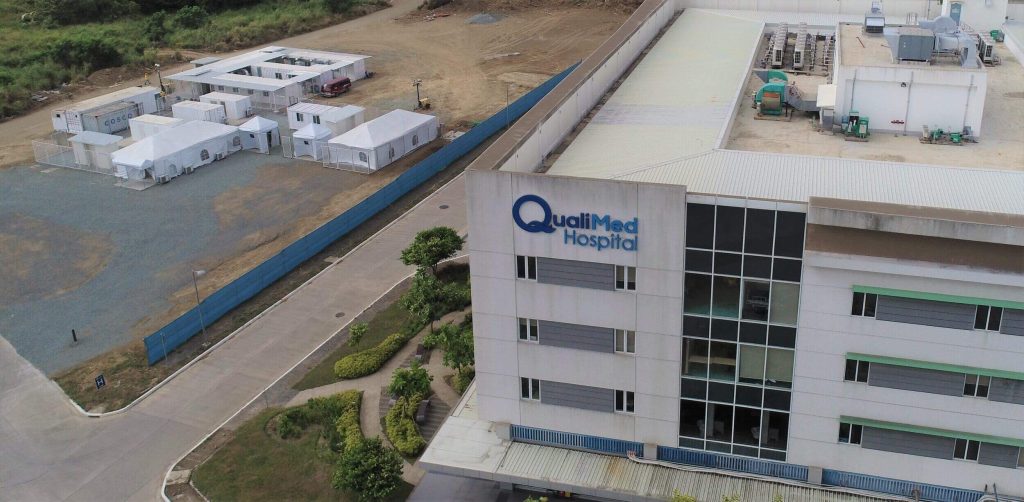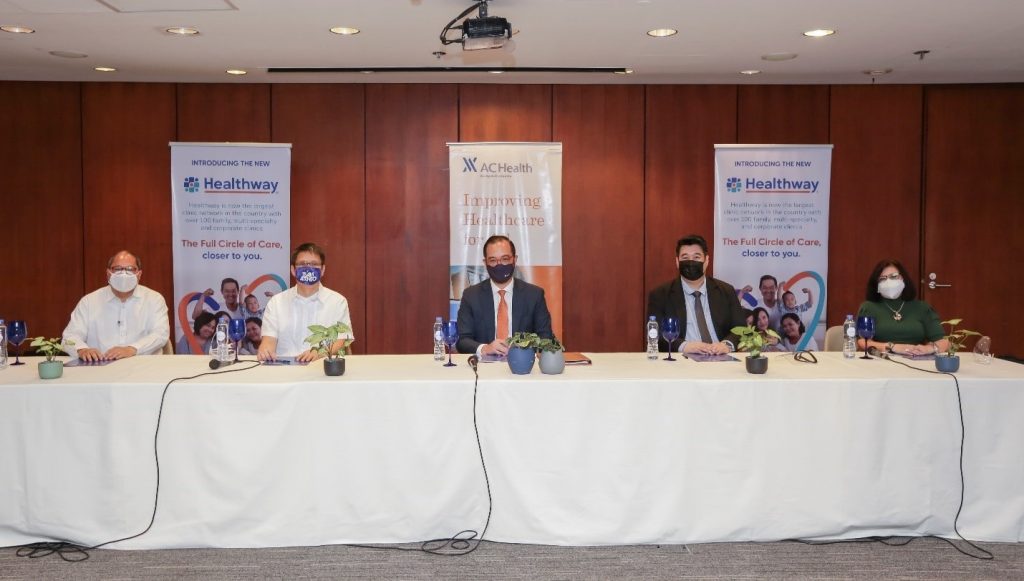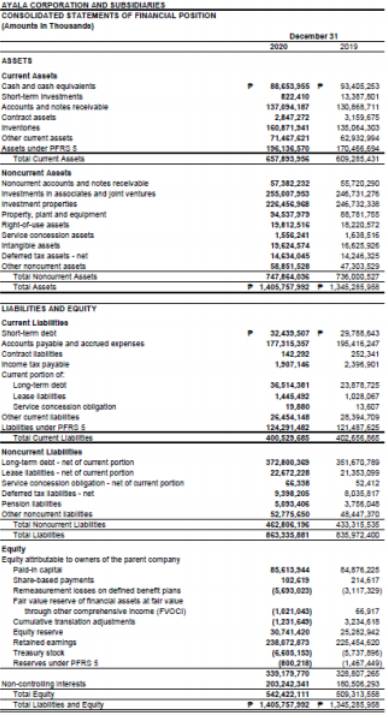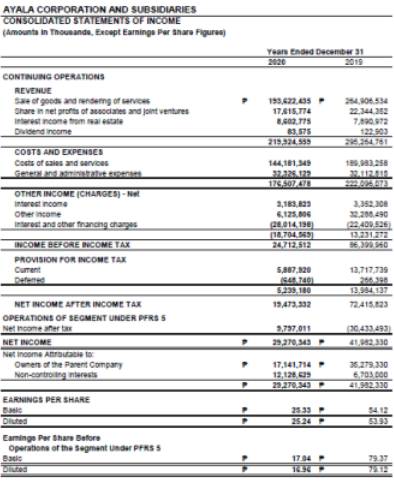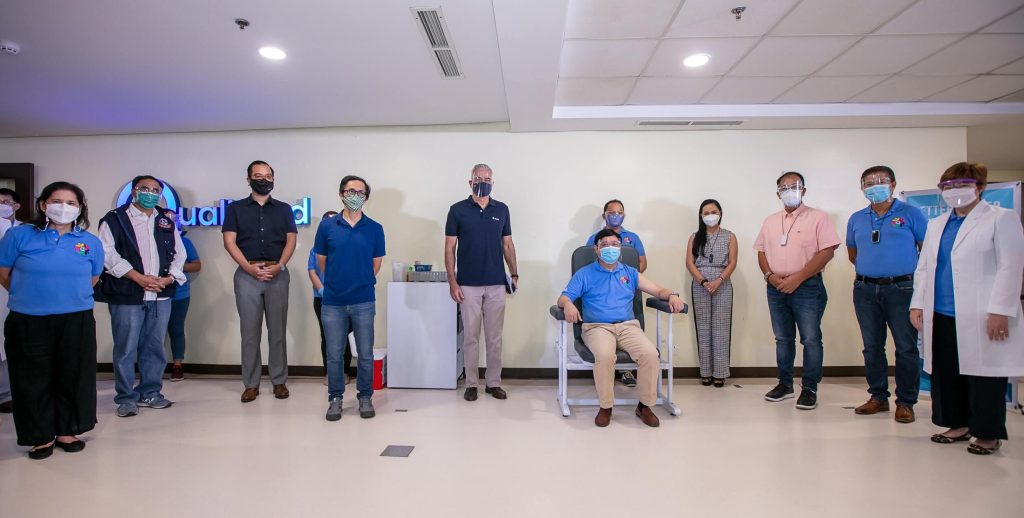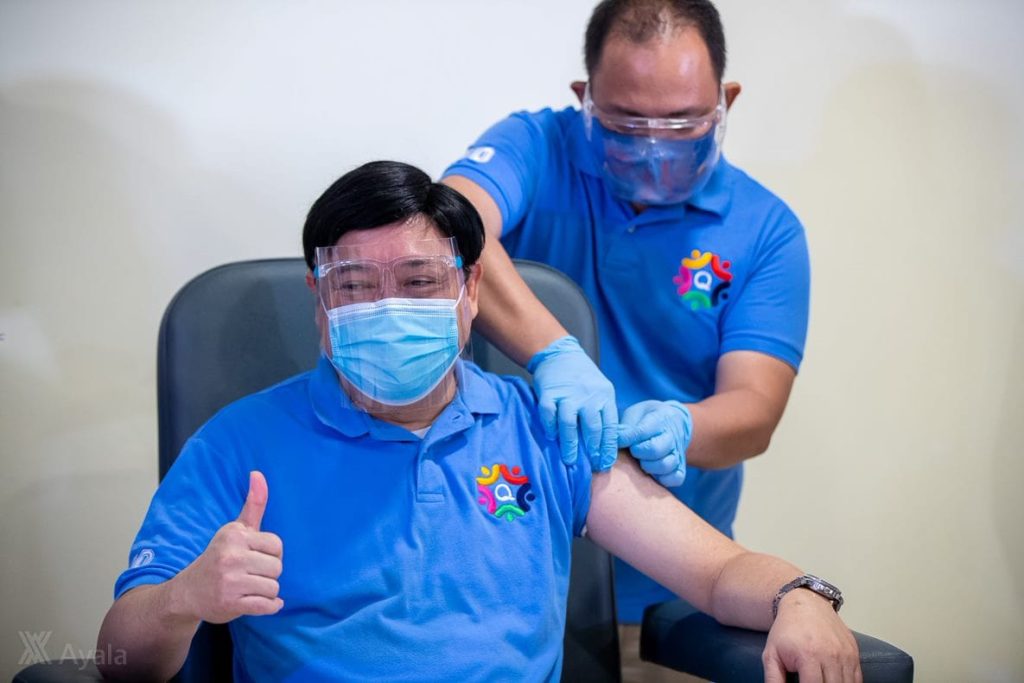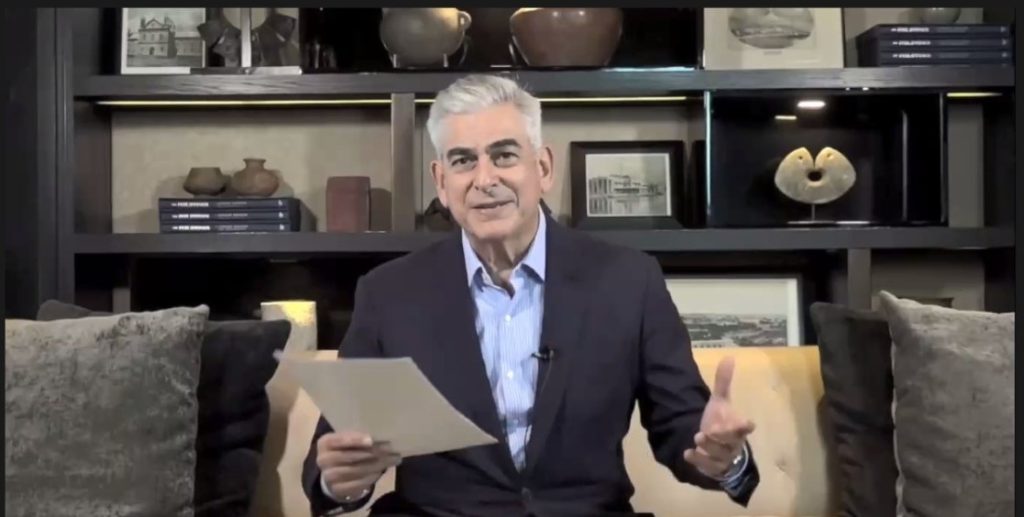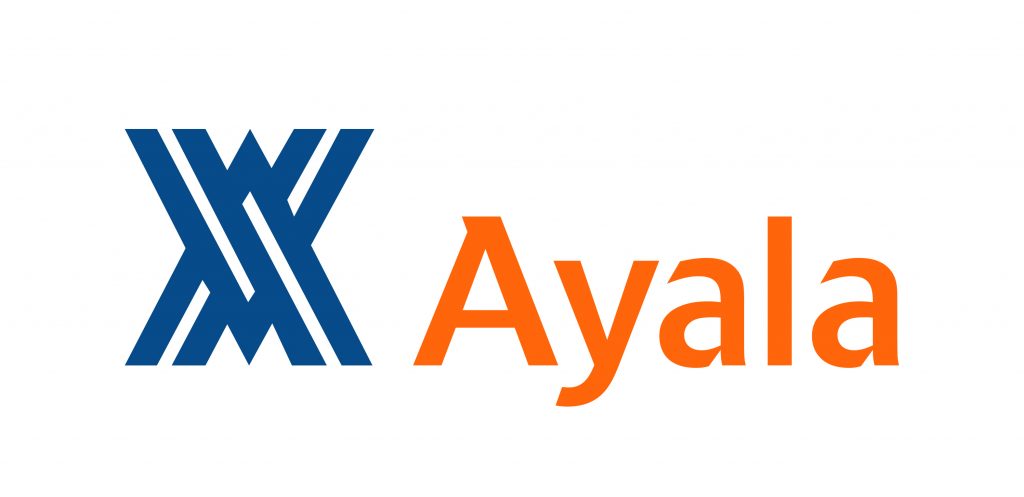
As we celebrate International Women’s Month, Ayala Corporation President and COO Fernando Zobel de Ayala made a commitment to promote gender diversity from the staff to the board level during his keynote address at the “#ChooseToChallenge: Inclusive Leadership in Times of Crisis” webinar hosted by Male Champions of Change on Thursday.
Zobel said Ayala Corporation already set a Board Diversity Policy, committing that the Board, which is intended to be the company’s guiding principle as it evolves top leadership towards greater diversity and improved representation. He also committed to continue increasing the number of women from entry-level to senior leadership positions.
“Advancing workplace gender equality, and the other dimensions of diversity in all our companies is a priority area moving forward,” Zobel said. “We plan to align our diversity programs with best-in-class global standards, while working with peers to make diversity and inclusion as the norm in Philippine business.”
A 2018 report by McKinsey showed that leading gender-diverse companies were 21% and 27% more likely to outperform their less diverse peers in short-term profitability and long-term value creation, respectively. These outperforming companies were also found to have more women executives in revenue-generating roles.
Across the Ayala Group, based on 2014 to 2019 records, female employees dominate male employees by an average of 31%. At the top management level, 44% of senior leaders are women.
Recently, Globe also announced the appointment of Issa Guevarra-Cabreira as the company’s first female deputy chief commercial officer. Mynt, Ayala’s digital financial services company that grew very significantly at the onslaught of the pandemic, is also headed by a female executive, Martha Sazon.
Ayala Land, meanwhile, is among the founding members of the Philippine Business Coalition for Women Empowerment. Its construction arm, Makati Development Corporation, has a strong pool of female executives and skilled workers, a deviation from the traditionally male-dominated construction industry.
“Diversity is a means to a better end,” noted Ayala Corporation’s Chief Human Resources Officer John Philip Orbeta, who was a panelist at the event.
“But there’s still a lot of stereotyping like men are supposed to be the breadwinners and women are supposed to stay at home. I think there should be a whole re-education campaign on the benefits of gender equality, diversity, and inclusion.”
According to Orbeta, the Ayala Group, which is committed to the United Nation’s Sustainable Development Goals, will continue to champion equality and inclusion in gender, age, or cultural background. “Equality and inclusion are very important to us. But we’re doing it not because of the numbers. We do it because we believe in it. That’s enshrined in our value of empowering leadership.”
For more information:
Yla Alcantara
Head, Brand and Reputation Management
e-mail – alcantara.ypg@ayala.com

